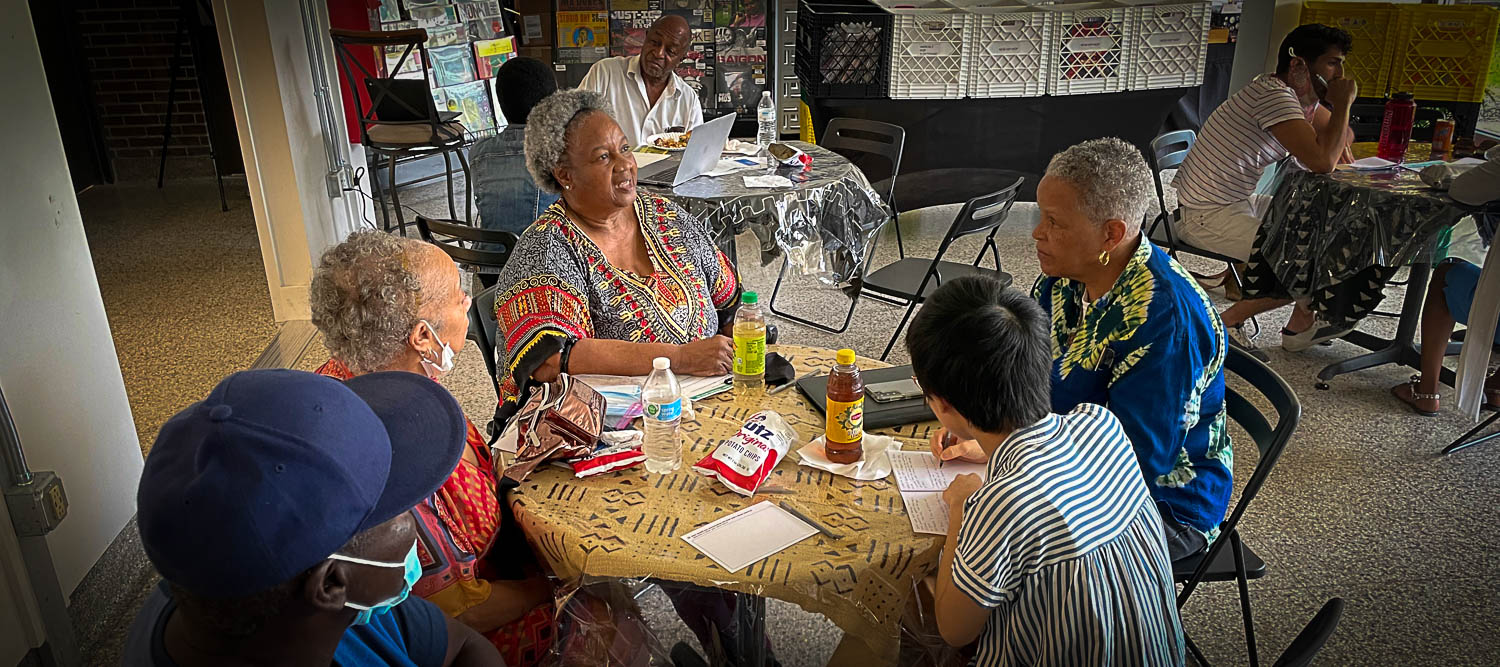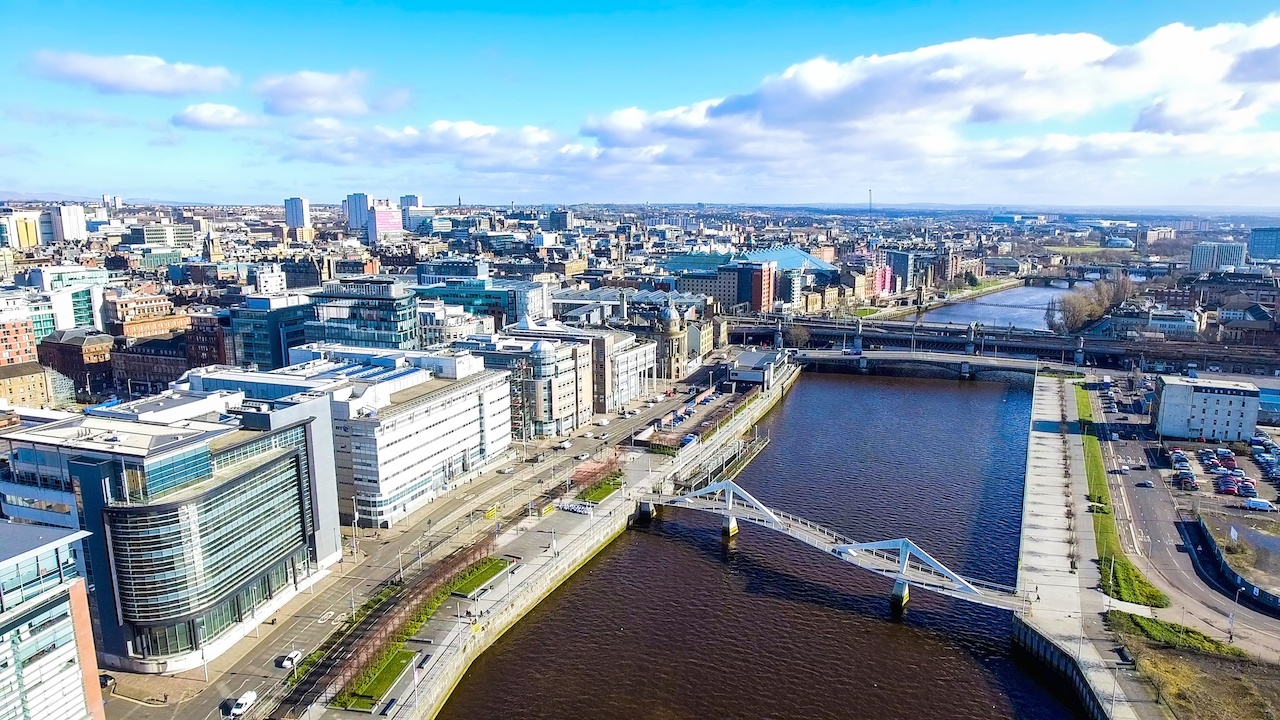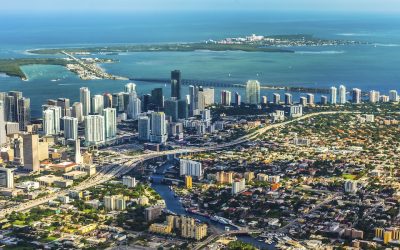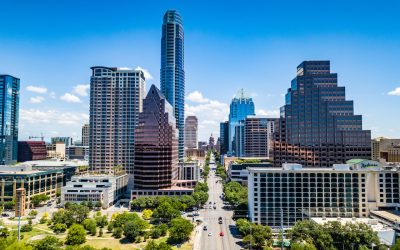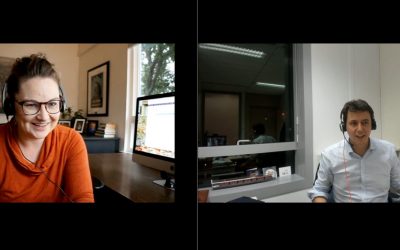Meeting of the Minds
What began as a 2-day summit in Oakland, CA in 2007, has grown into an internationally recognized non-profit organization with world-class events, year-round leadership programming, and an unparalleled digital platform.
Our mission is to bring together urban sustainability and technology leaders across sectors to share knowledge, best practices and catalyze lasting alliances and partnerships. We foster person-to-person and city-to-city learning by curating emerging trends and spotlighting projects and practitioners working on the future of sustainable, resilient, and equitable cities and regions.
We believe that the best solutions and partner ecosystems result from collaboration and engagement across sectors and disciplines. We convene leaders from international bodies, local government, state and federal government, corporates, startups, non-profits, academics and philanthropy.
Meeting of the Minds thanks and acknowledges the support of our current and past sponsors, including:
Foundations
Annie E. Casey Foundation
Barr Foundation
Burton D. Morgan Foundation
Ford Foundation
Lincoln Institute of Land Policy
Living Cities
New Economy Initiative
Paul G. Allen Philanthropies
Robert Wood Johnson Foundation
Rockefeller Foundation
The California Endowment
The California Wellness Foundation
The Cleveland Foundation
The JPB Foundation
The Kresge Foundation
The Volvo Research and Education Foundations
Healthcare
Kaiser Permanente
Sutter Health
Telecom
AT&T
Comcast
Qualcomm
Verizon
Global Technology Leaders
Cisco
Dassault Systémes
IBM
Itron
Microsoft
Oracle
Philips Lighting/Signify
Schneider Electric
Siemens
Transportation Leaders
Bombardier
Cubic
Daimler/Car2Go
Ford
JUMP Bikes/UBER
Lacuna
Keolis
Lyft
Streetlight Data
Toyota
Zipcar
Financial Institutions
JPMorgan Chase
PNC Bank
Wells Fargo
IT & IoT
Atonix Digital
Cleverciti Systems
Iteris
Logicalis
Roadbotics
RelayR Corp
Planning, Design, Architecture, Real Estate, Engineering, Construction
Black & Veatch
CBRE
CH2M Hill
Colliers
DKS Associates
Jones Lang LaSalle
Oxford Properties Group
Ramboll
Skidmore Owings & Merrill
WSP
Consulting Firms
Cognizant
ENGIE Impact
Deloitte
EY
PwC
Government
Ann Arbor SPARK
City of Berkeley, CA
Cuyahoga County
Federal Reserve Bank of San Francisco
JobsOhio
Metrolinx
State of Michigan
Resources: Water and Energy
AEP Ohio
DTE Energy
Festival Hydro
FirstEnergy
Marin Clean Energy
Natural Resources Defense Council
Sacramento Municipal Utility District
Shell
Xylem Water
Innovators
Cleveland Neighborhood Progress
JumpStart
Natural Resources Defense Fund
Rock Ventures
The New School
University of California
UrbanFootprint
Recent Webinars
Recent Articles
Balancing Mobility and Safety at Intersections
Maximizing both the mobility and safety of road users at urban and suburban intersections is of utmost importance to city leaders and citizens today. Trends such as micromobility, connected and automated vehicles, and an explosion of available data, coupled with increasing numbers of bikes and pedestrians on our streets, result in both challenges and opportunities.
The increasing ability to provide intersection connectivity, edge computing and cloud storage, along with growing tool sets, such as Signal Performance Measures (SPM) and advanced video detection, provide new and exciting opportunities to traffic engineers. Possible combinations of Vision Zero intersection solutions, Near-Miss analyses, and the ability to make real-time operating decisions at our intersections can be overwhelming. Still, they must be embraced to ensure public officials are accountable to the traveling public.
Public-Private Collaboration Imperative to Deliver Modern Connectivity
Perhaps nothing has highlighted the critical need for high-speed connectivity more than the COVID-19 pandemic, which has driven entire communities to live, learn and work online. It has also exposed a rapidly widening digital divide in this country that impacts rural, urban, and suburban communities, each with their own unique needs and challenges.
COVID-19 Presents an Opportunity to Build Back Stronger Cities
Many cities are leveraging lessons and actions of the COVID-19 crisis to refocus on and drive ambitious sustainability and resiliency strategies. These cities are implementing a “build back better” strategy that ultimately will benefit some of the most vulnerable groups affected by both climate impacts and COVID-19. These strategies can strengthen building infrastructure, create good jobs for those who need them most, and rapidly accelerate cities’ carbon emissions reduction goals.
The work of better, happier cities cannot be implemented by governments or private organizations alone. Regional governments, businesses, banks, and financial institutions must commit to green stimulus and inclusive recovery. These recovery strategies will prioritize jobs and growing the economy, support health and pollution reduction, enhance energy and climate resilience, and support decarbonization, all while focusing on social equity.
Responsive Government: Virtual Twins Help Cities Respond Quickly to Unexpected Situations
The COVID-19 pandemic underlined the need for fast, intelligent, and sophisticated decision-making in government. Now, as cities, states, regions, and nations look to the future, they are harnessing the power of interactive 3D virtual twins to help them plan, develop, and test strategies to support their recovery and build resilience for meeting future crises.
City Digitization Strategies During the Pandemic
I spoke recently with Jacques Beltran from Dassault Systemes about how the crisis has been an accelerator for cities and public agencies to implement digitization strategies. He’s an experienced public servant now working with cities to address their data needs. He shares some relevant examples of how cities in Europe were lagging one to two months behind what was really occurring on the ground. I am particularly impressed by their work to build a virtual twin of the city’s concert hall to simulate coughing, masks, and other conditions to plan a safe reopening. They found some very surprising findings. They also worked at a regional scale to predict and visualize viral spread to anticipate hospital capacity a month ahead – a key tool for regional officials. The use of virtual twins are extensive for cities.
Engaging Historically Marginalized Communities During COVID-19
Since historically marginalized communities are already being disproportionally impacted by the COVID-19 pandemic, I am frustrated to see these communities also negatively impacted by the lack of on-the-ground public engagement. While I realize the threat of COVID-19 and the associated restrictions make conducting on-the-ground public engagement challenging, I want to encourage fellow planners to think more creatively. I will admit that I struggled to think creatively when I first heard that Clackamas Community College (CCC) would continue having mostly online classes in Spring Term 2021. CCC has had mostly online classes since the end of Winter Term 2020 when COVID-19 first started impacting Oregon. CCC’s decision about Spring Term 2021 became more stressful when Clackamas County staff told me that public outreach for their new shuttles could not be delayed until next summer.




